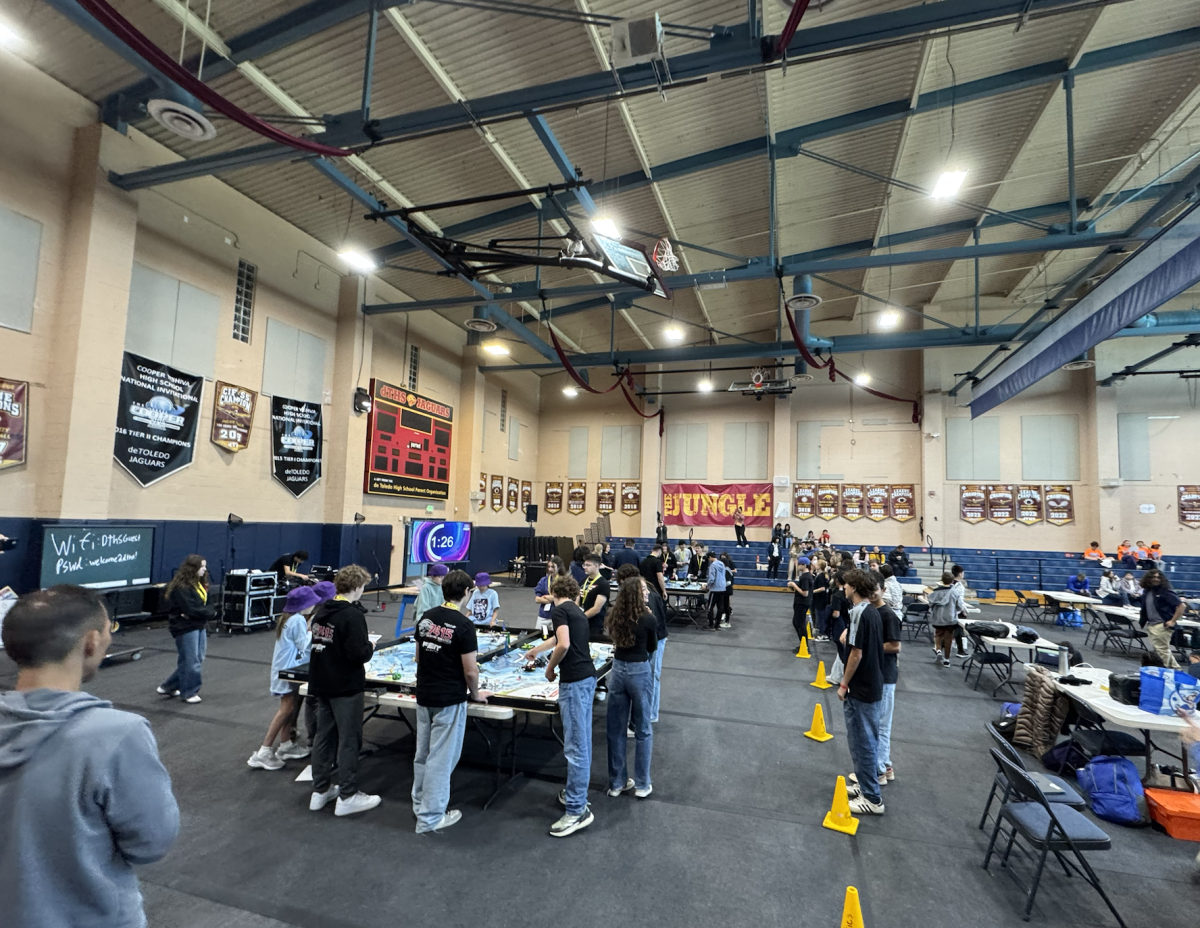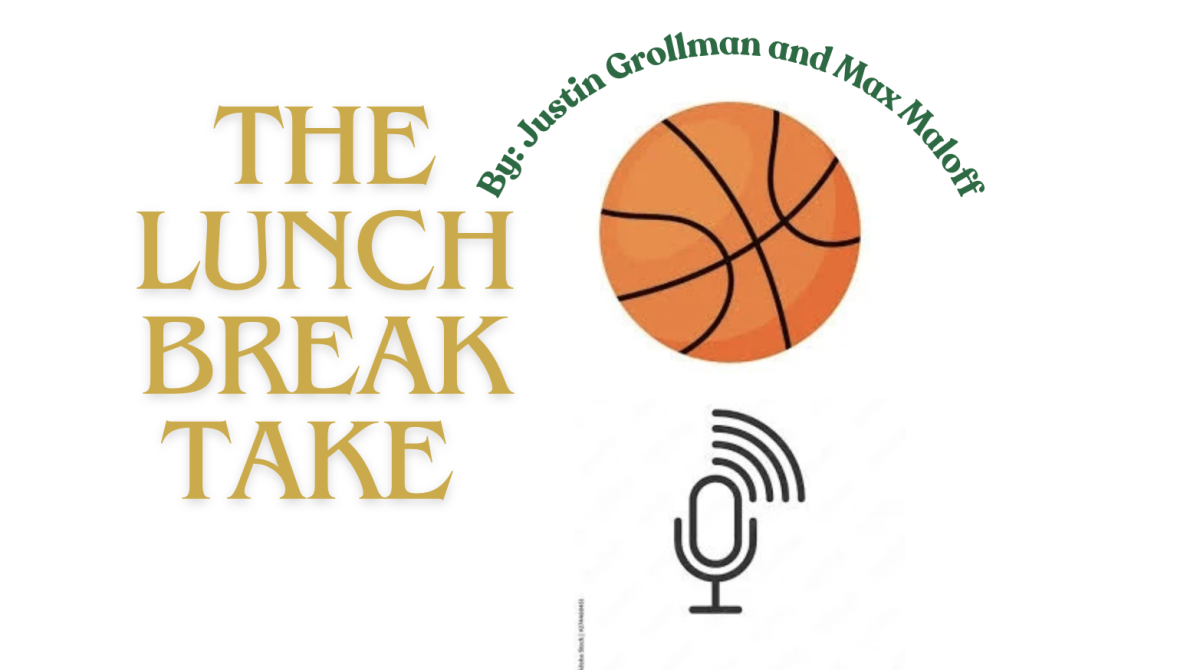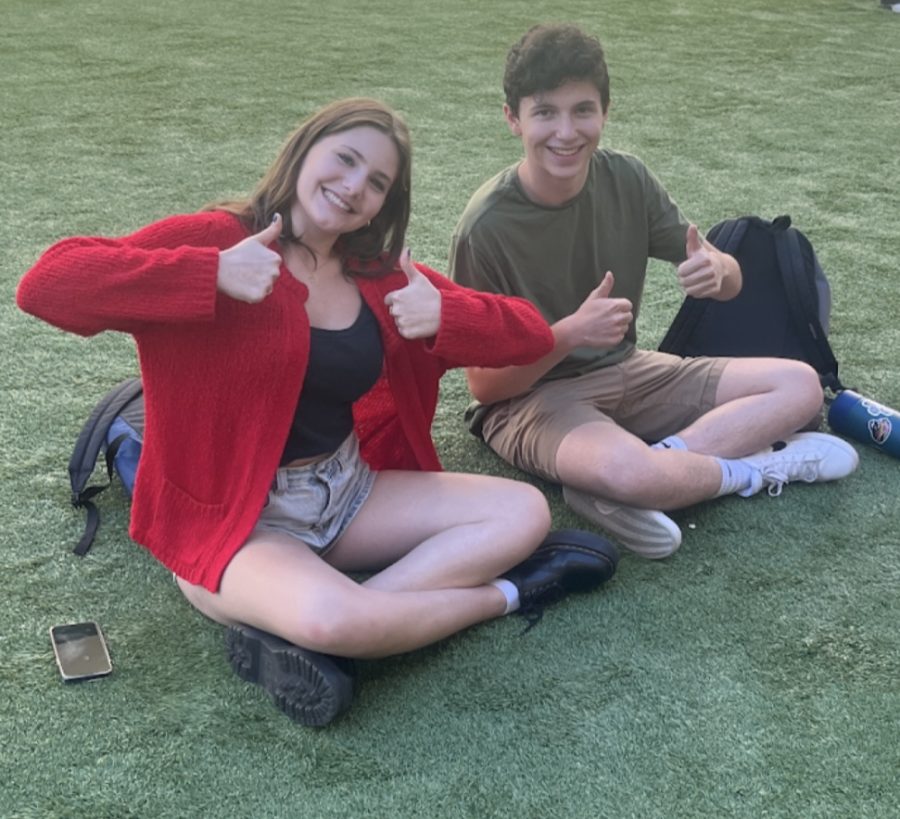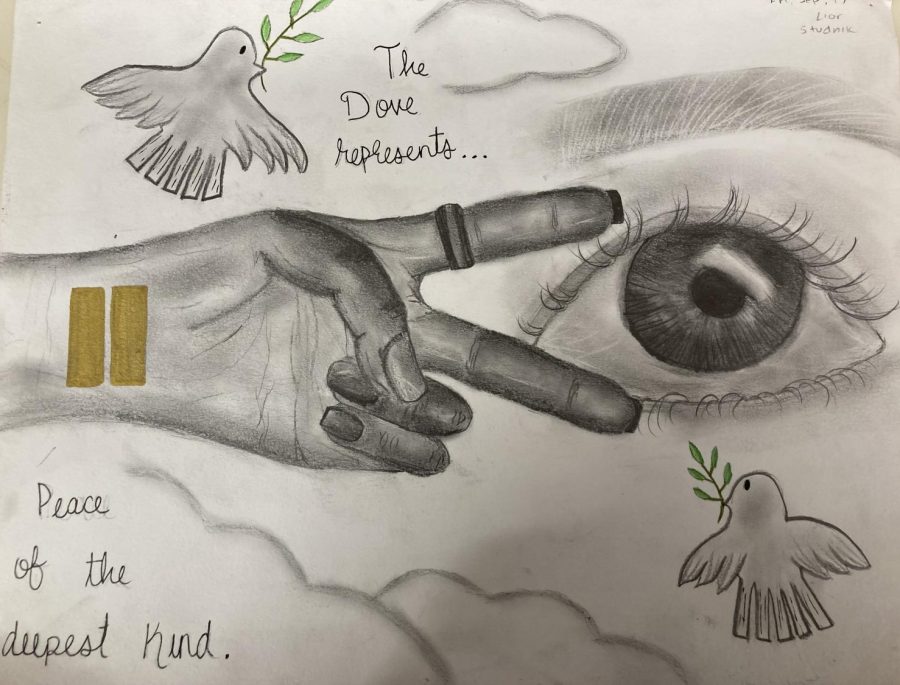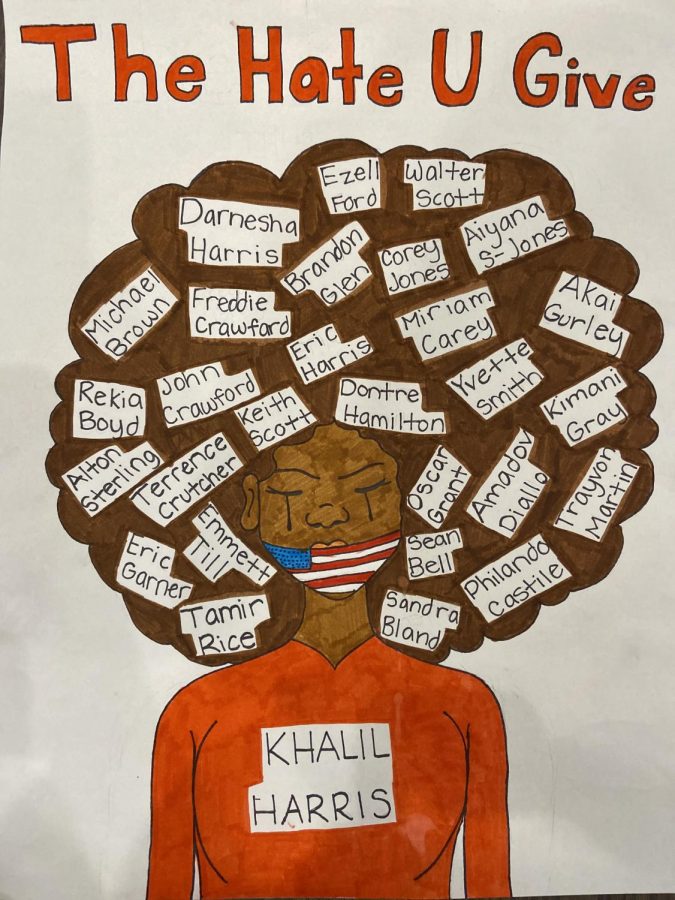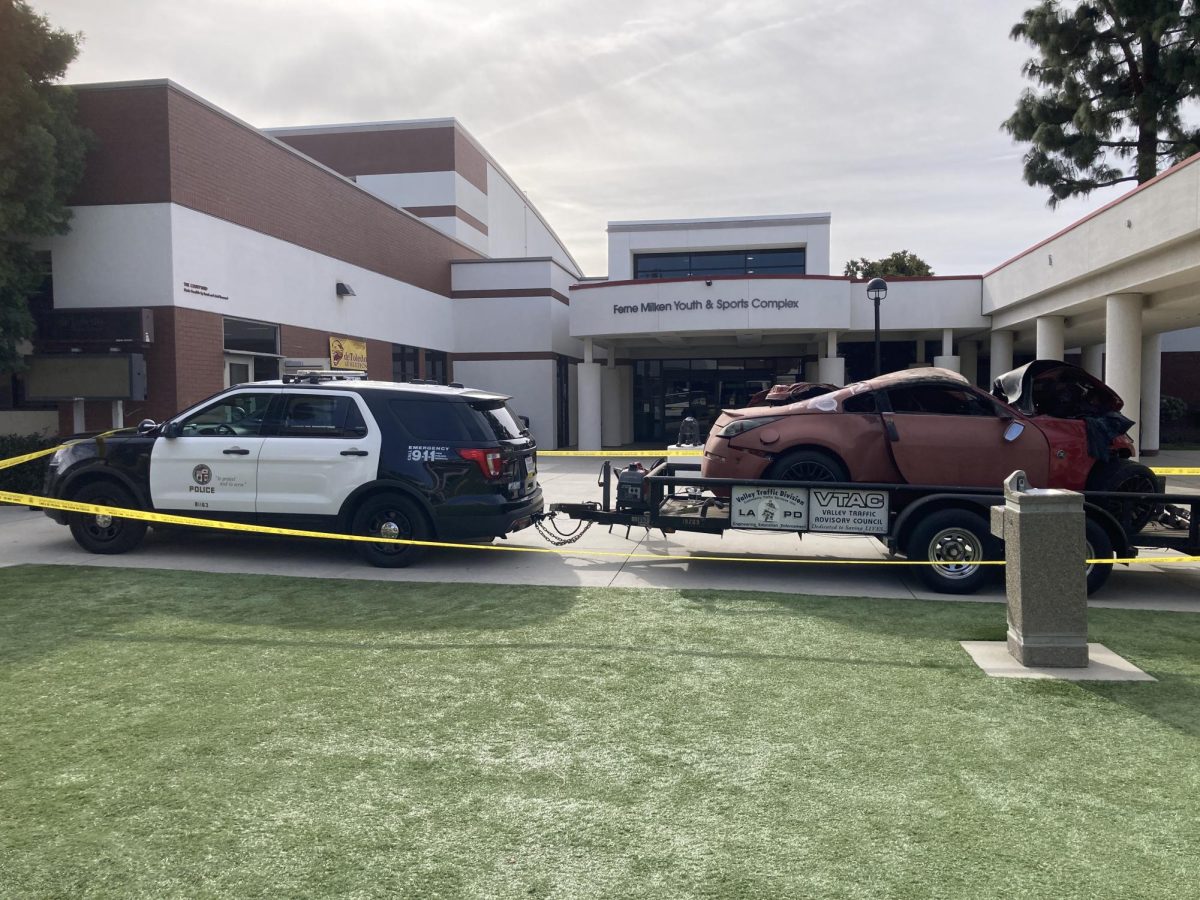The Problem of Polarization
The opinions expressed in this article are the author’s own and do not necessarily represent the views of The Prowler.
Year by year, the polarization of the two major political parties in the United States grows more and more dangerous. It’s hard to talk about anything political without referring to the extremes of either side. America is tearing itself apart, and it’s difficult to formulate beliefs or opinions that don’t perfectly fit the mold of one’s political party without being ostracized. We need to pull ourselves together and learn how to be more accepting of each other and different ideas, but first, we must figure out why this is all happening.
“Polarization has become a force that feeds on itself, gaining strength from the hostility it generates, finding sustenance on both the left and the right,” says Thomas B. Edsall in the New York Times. As time goes on, people drift farther apart as they continue to search for things to blame the other side for and separate themselves from those who are “wrong.” They isolate themselves in an attempt to maintain what they believe is right, pushing out any differing beliefs.
With so much diversity in one country, things like this are bound to happen, as discussions about race and ethnicity, sexuality, religion, and even just opinions and morals are inevitable. Additionally, due to the binary political system in the U.S., people are far more susceptible to polarization since there are really only two parties to fit into while everyone else is left in the dust. There aren’t many options when it comes to finding something to believe in, and most people won’t put the time or effort into forming their own opinions outside of their chosen party. These opinions are usually given to them by the media, whether it be on TV, in a newspaper, or online. Politically charged news abuses human gullibility and often only shows what they want the people to see, leaving any information against them out of their articles and programs.
However, polarization does tend to fizzle out during times of external crisis. For example, 9/11 was a time when the entire country came together under the same belief that what had happened was a tragedy and that we needed to rebuild our country. Patriotism was in the air, and people were joining hands despite their differences.
Today, the Ukraine-Russia war has had a similar effect, where most people in the U.S. can unite under the opinion that we must stand for Ukraine. If we can focus more on our similarities rather than our differences, perhaps we can free ourselves from polarization.





